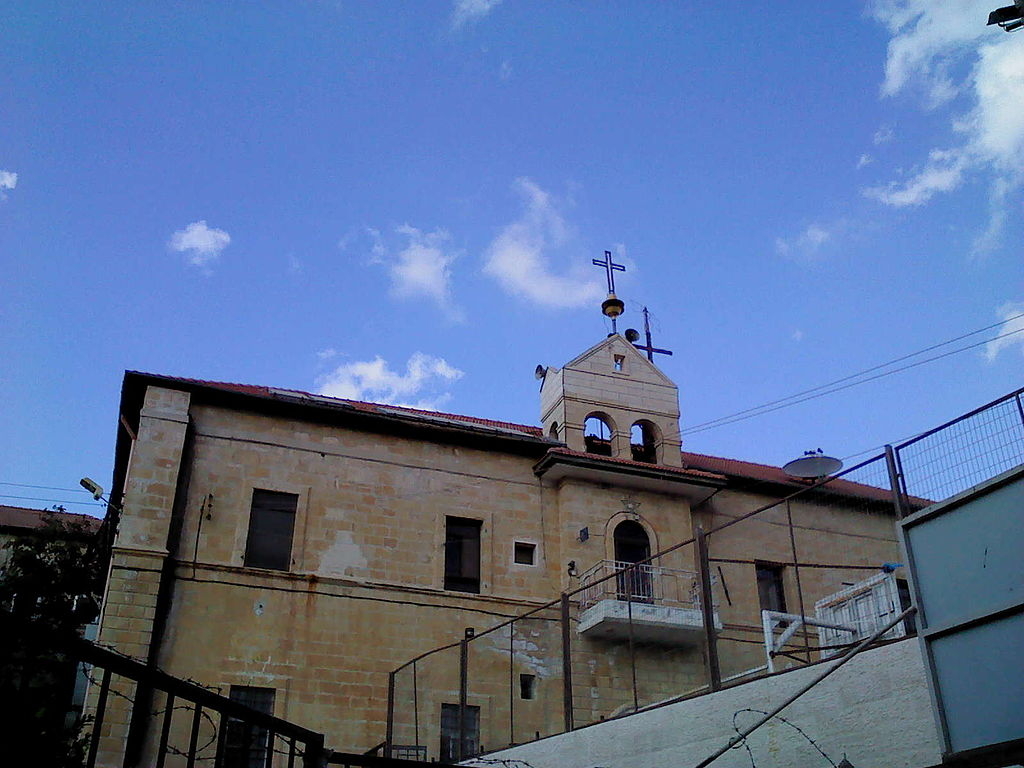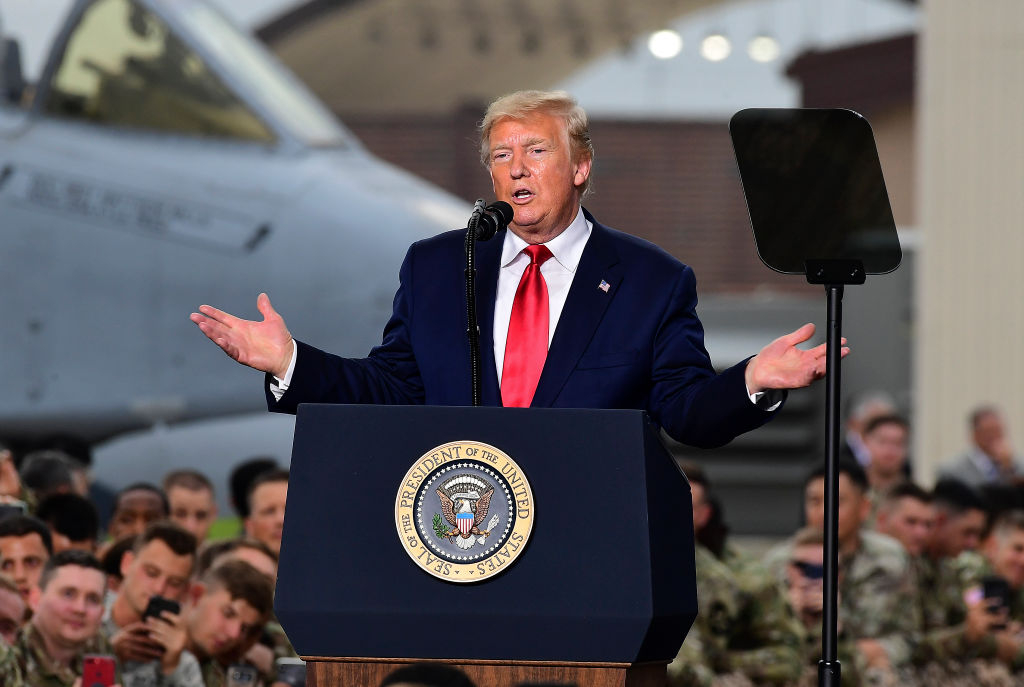In this mailing:
- Raymond Ibrahim: "You Are Born to Clean Our Houses": Persecution of Christians, April 2019
- Amir Taheri: Trump's Iran Sanctions Face Seven Fallacies
by Raymond Ibrahim • July 7, 2019 at 5:00 am
"We are a peace-loving community in this small city, we had never hurt anyone, but we don't know from where this amount of hate is coming." - a Christian man who survived the bombing at St. Sebastian's Church, Morningstar News, April 22, 2019, Negombo, Sri Lanka.
"[C]rosses on graves in an Italian cemetery in Pieve di Cento have been covered with black cloth so as not to offend those who may come from another religion." – Il Giornale, April 4, 2029, and Breitbart; Bologna, Italy.
"My brother... had compassion for me. He [told me of] the plan my father had devised; to have me beheaded in Qatar because I had refused to convert back to Islam." – Charles Mudasir, Persecution.org (International Christian Concern), April 22, 2019, Mombasa, Kenya.
"It took about a year for me to save and arrange the required funds to establish a grocery store. However, Christians in this... society are not allowed to initiate a business. I had customers in my shop when Fiaz Khattak led an armed group.... " -- Kenneth Johnson, a poor agricultural laborer who takes care of three children, after he tried to open a small grocery store; Persecution.org (International Christian Concern), April 10, 2019, Pakistan.

On April 25, "the terrified residents of the Christian village of Jifna near Ramallah," states a report, "were attacked by Muslim gunmen ... after a woman from the village submitted a complaint to the police that the son of a prominent, Fatah-affiliated leader had attacked her family." The gunmen "called on the [Christian] residents to pay jizya—a head tax that was levied throughout history on non-Muslim minorities under Islamic rule." Pictured: A church in Jifna. (Image source: Soman/Wikimedia Commons)
Slaughter of Christians
Sri Lanka: On Easter Sunday, April 21, Islamic terrorists launched a bombing campaign on Christians; the death toll reached 253, with hundreds more wounded. Eight separate explosions took place, at least two of which were suicide bombings: three targeted churches celebrating Easter Sunday Mass; four targeted hotels frequented by Western tourists possibly in connection with Easter holiday; one blast was in a house, and killed three police officers during a security operation. At least 39 foreigners -- including citizens of the United States, Britain, Australia, Japan, Denmark and Portugal -- were among the dead.
by Amir Taheri • July 7, 2019 at 4:00 am
...sanctions are working. The mullahs have started to reduce their footprint in Syria and Yemen... Offices in more than 30 Iranian cities, to enlist "volunteers" for "Jihad" in Syria, have been closed, and the recruitment of Afghan and Pakistani mercenaries has stopped. Tehran's military and diplomatic presence in Yemen has been downsized, ostensibly for security reasons. Smuggling arms to Houthis continues albeit at a reduced rate.
Cash-flow problems caused by sanctions have also forced the mullahs to cut the stipends of proxies, notably the Lebanese Hezbollah and the Palestinian "Islamic Jihad" by around 10 percent with more cuts envisaged.... More importantly, perhaps, the mullahs have frozen their missile program at the current range of 2000 kilometers.
The seventh claim is that Trump's sanctions strengthen hardline factions and weaken the "reformists" around President Hassan Rouhani. Since Rouhani and his associates have never said or even hinted, what it is they may want to reform, it is hard to speak of a "reformist" faction. Moreover, the extensive purge of the military currently undertaken by "Supreme Guide" Ali Khamenei does not seem to have affected any "moderates".

President Donald Trump has said that the aim of the sanctions on Iran is to persuade the Khomeinist clique in Tehran to change aspects of its behavior abroad. In that sense, sanctions are working. (Photo by Kim Min-Hee - Pool/Getty Images)
As President Donald Trump tightens the screws on the current ruling elite in Tehran, the debate on the possible consequences of his policy rages on in American media, think tanks and political circles. Moreover, because Trump's constituency is outside such elite spheres the impression created is that his Iran policy either has failed already or is set to produce undesirable unintended consequences.
In that context, seven claims form the main themes of the campaign launched by the pro-Tehran lobby with support from sections of the US Democrat Party and others who dislike Trump for different reasons. The first claim is that sanctions do not work.
That theme is developed without spelling out what the intended aims of sanctions are. Trump has said his aim is to persuade the Khomeinist clique in Tehran to change aspects of its behavior abroad. In that sense, sanctions are working.
|
|
|
No comments:
Post a Comment